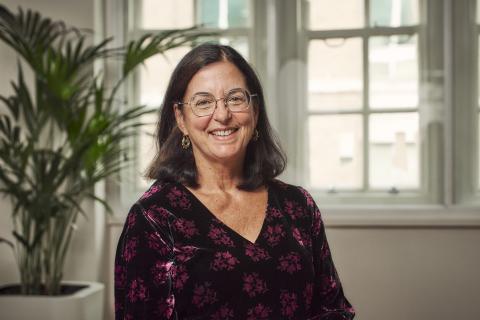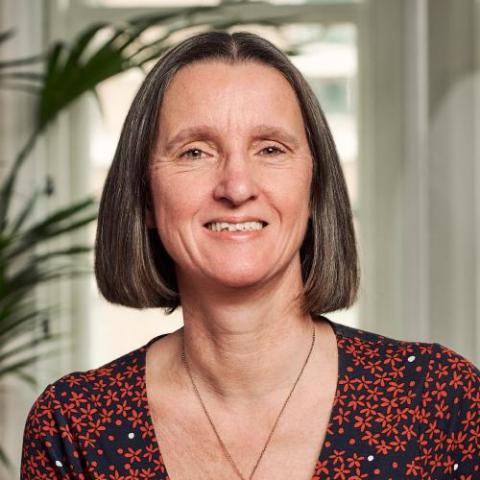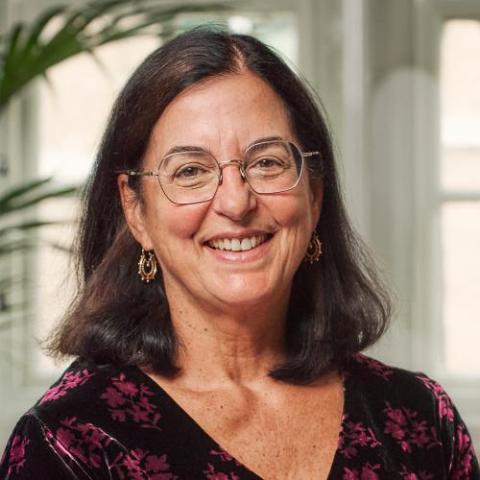Douglas McCabe was quoted in Press Gazette on "MacKenzie, Murdoch and the hunt for tabloid gold in the digital era"
11 November 2022Douglas said “The Sun’s done an amazing job relatively recently building its US audience. In a digital world, it nuts for [UK news websites] not to try for a global audience. And in fact they’ve been relatively slow at doing that.
“Mail Online’s built up a big US audience, The Sun is now building up a big US audience. But it’s sort of surprising that the English-language British news media are not going for broke on global – that’s the way to really make your brand fly.”
He added “What publishers have done is taken a print model and effectively transitioned that into an online environment without really knowing if that works,” he said. “And if you were starting from scratch, you probably wouldn’t have a newsroom with 500 journalists in it creating enough content to fill a newspaper every day.


